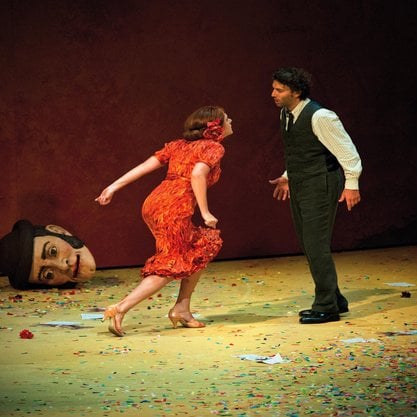Article
Synge, John Millington (1871–1909) By Reynolds, Paige
Article
J. M. Synge (pronounced “Sing”) is best known for his plays, first staged at Dublin’s Abbey Theatre, that vividly depicted rural life in Ireland. His early intellectual interests resembled those of many modernists: he traveled throughout Europe as a young man, studying language at the Sorbonne in Paris and music in Germany and Italy; he read Darwin, Baudelaire, Mallarmé, and Nietzsche, among other innovative thinkers; he published in forward-thinking periodicals. The Irish myths and tales of Lady Gregory and the beauty of the Irish language, along with the urging of W. B. Yeats, whom he met in Paris in 1896, lured Synge home to his native Ireland, where he would study closely the language and culture of the rural west. His intimacy with the cultures of the Aran Islands and the west coast of Ireland, where he lived for short stretches of time, is recorded in The Aran Islands (1907) and In Wicklow, West Kerry, and Connemara (1911), both of which included images by J. B. Yeats. Synge’s ear for language and dialect helped him to craft the poetic Hiberno-English that defined his dramatic dialog, and his eye for the nuances of Irish peasant culture is evident not only in his stage directions, but also in his photographs and travel writing.



